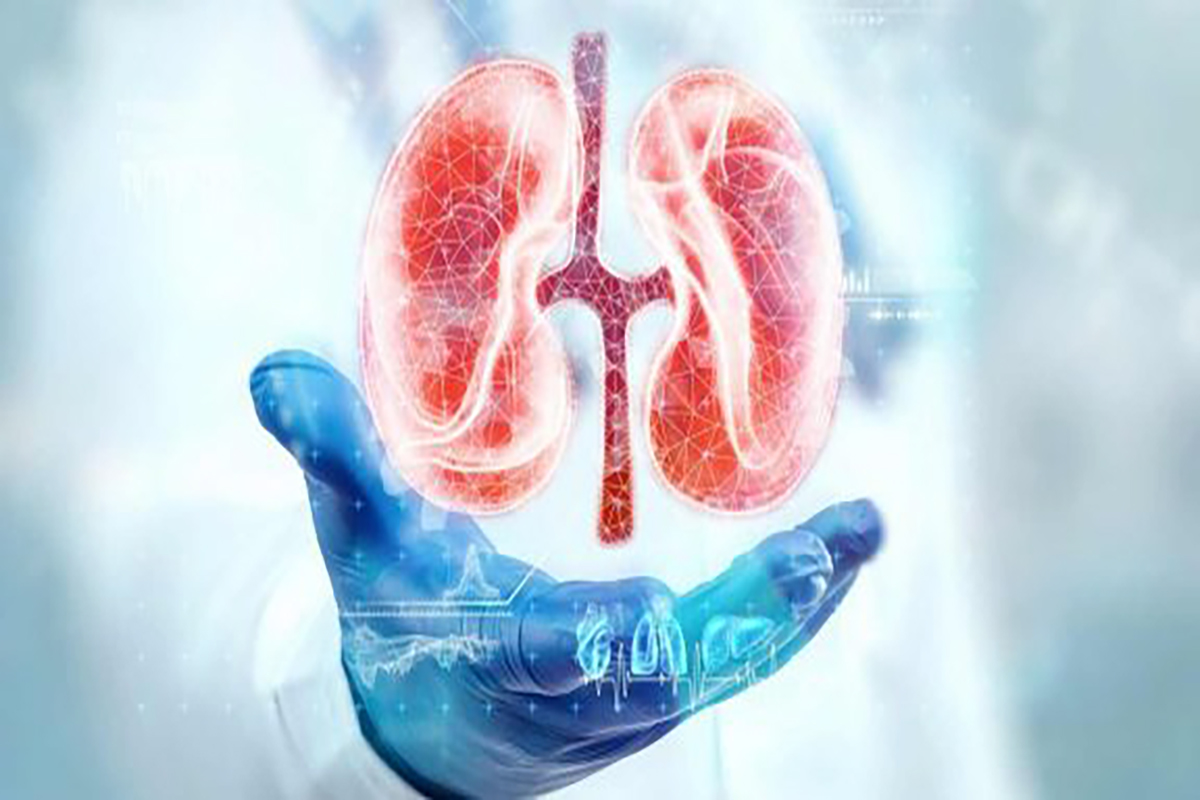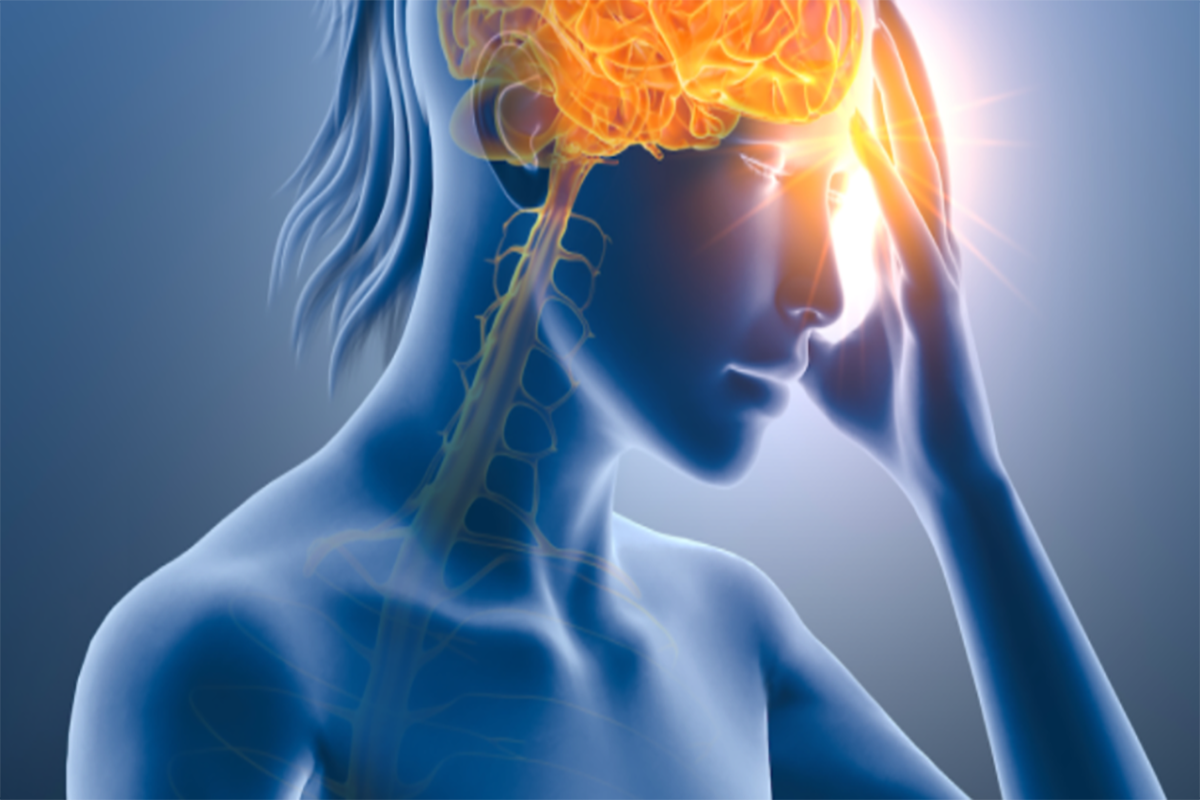
Understanding Kidney Stones: Causes, Symptoms, and Treatment Options
By Dr. Shiv Chadha in Nephrology & Renal Transplant
May 23, 2024
Kidney stones are common urological conditions characterized by the formation of small, hard mineral deposits in the kidneys. This article provides valuable insights into the causes, symptoms, and treatment options for kidney stones, helping you understand and manage this condition effectively.
Causes of Kidney Stones:
Kidney stones are primarily caused by the concentration and crystallization of substances in the urine. Contributing factors include:
Dehydration: Dehydration occurs when there is insufficient fluid intake, resulting in concentrated urine.
Diet: High intake of sodium, oxalate-rich foods (like spinach and rhubarb), and animal protein.
Family History: Genetic predisposition to kidney stones.
Medical Conditions: Urinary tract infections, gout, and certain metabolic disorders.
Symptoms of Kidney Stones:
The symptoms of kidney stones vary depending on their size and location within the urinary tract. Common symptoms include:
- Severe abdominal or back pain that comes in waves.
- Hematuria (blood in urine) appearing pink, red, or brown.
- Frequent urination and a feeling of urgency
- Painful urination with a burning sensation.
- Cloudy or foul-smelling urine.
- Nausea and vomiting due to pain and discomfort.
Treatment Options for Kidney Stones:
Hydration: Increase fluid intake to promote urine dilution and prevent stone formation.
Pain management: Over-the-counter or prescription pain medications for relief.
Medical therapy: Medications to dissolve or break down stones based on their type and size.
Extracorporeal Shock Wave Lithotripsy (ESWL): Non-invasive procedure using sound waves to break down large stones.
Ureteroscopy: Minimally invasive procedure using a thin tube to locate and remove or break down stones.
Percutaneous Nephrolithotomy (PCNL): Surgical procedure for larger stones, involving a small incision in the back to access and remove or break down the stone.
Prevention and lifestyle changes: Dietary modifications, weight management, and adequate hydration to prevent stone recurrence.
By understanding the causes, recognizing symptoms, and exploring the available treatment options, you can effectively manage kidney stones and promote overall kidney health.







